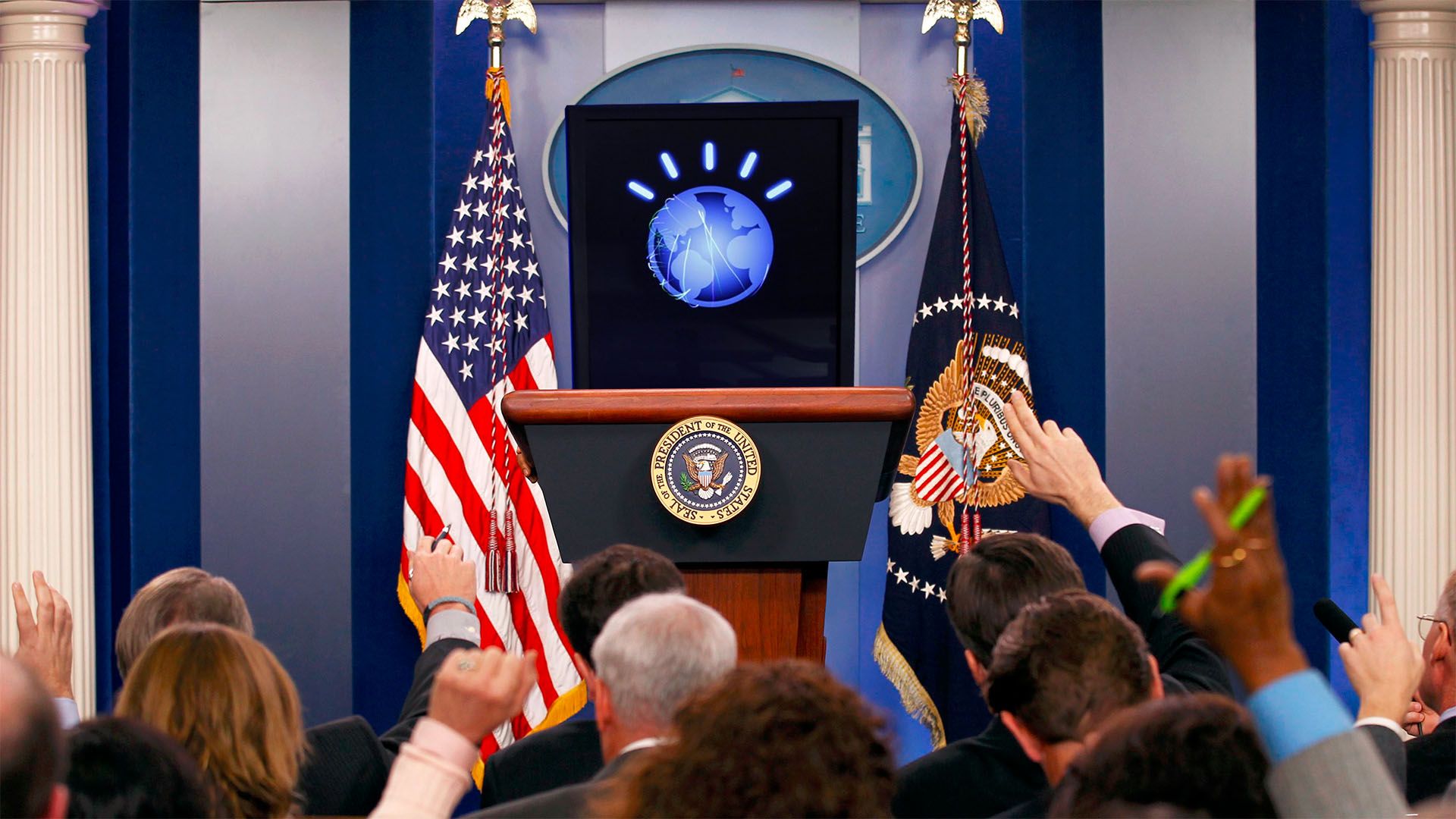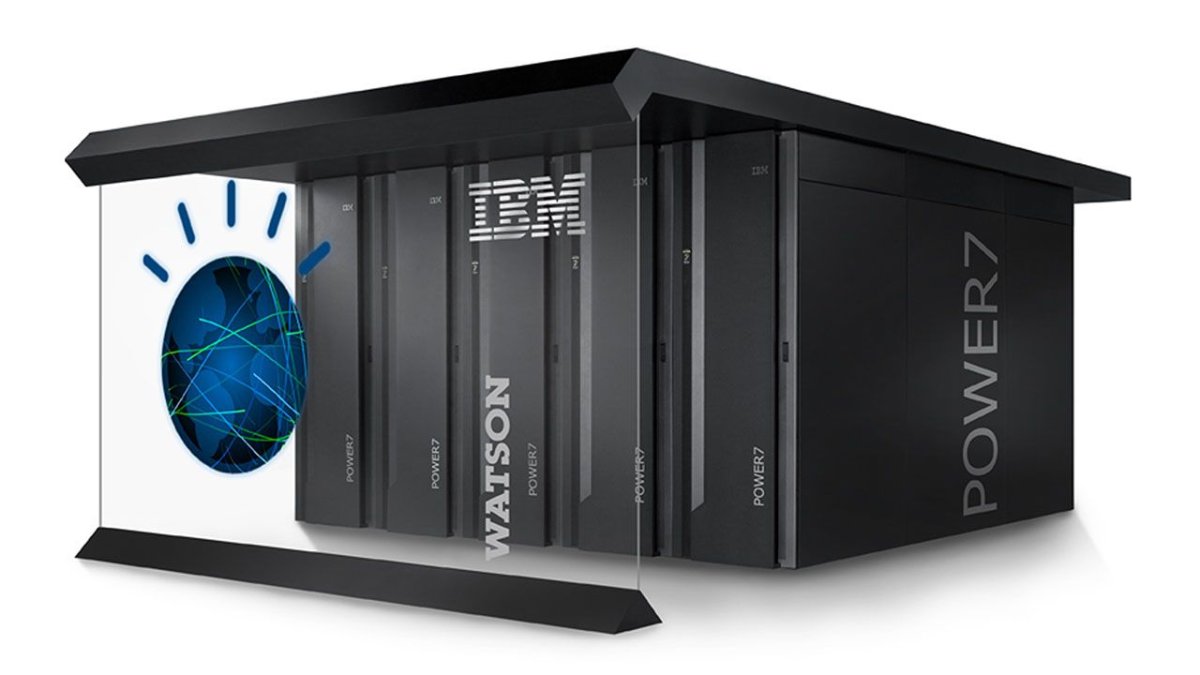
Machines are set to leave half of the world's population unemployed within 30 years, experts have warned, with the arrival of technology that is "able to outperform humans at almost any task." At the annual meeting of the American Association for the Advancement of Science (AAAS), computer scientist Moshe Vardi suggested self-driving cars would replace taxi drivers, delivery drones would usurp postal workers and even sex workers would be out of work thanks to improvements made to "sex robots."
One role immune to the upcoming job apocalypse, presumably, would be that of the president of the United States of America. But while the AAAS conference was taking place in Washington, D.C., on the other side of the country in California, presidential candidate Zoltan Istvan was busy challenging a supercomputer to a debate.
Istvan is running for the Transhumanist Party, which advocates research into technologies like bionics, life extension and artificial intelligence. After spotting a campaign page for IBM's Watson supercomputer to run for president, Istvan jumped at the chance to challenge the one-time Jeopardy winner.
Supporters of Watson believe that its advanced artificial intelligence makes it uniquely positioned to assess vast amounts of information and make informed and transparent decisions on all issues, ranging from education to foreign policy. Even Istvan believes in the potential of a computer to run the country, highlighting a number of benefits AI has over its human counterparts.
"Historically, one of the big problems with leaders is that they are selfish mammals," Istvan tells Newsweek. "An artificial intelligence president could be truly altruistic. It wouldn't be susceptible to lobbyists, special interest groups or personal desires.
"I think in 2020 you will see a field emerge with competing AI robots for president, who want to debate and discuss policy. It's unlikely any of them will be sophisticated enough to take on the job, but I do believe by 2028 robots may be suitable for political office—including the presidency."

Watson's campaign is being run by the Watson 2016 Foundation, an independent organization separate from IBM. As a result, it is unlikely to run for president, at least not in 2016. In an email response to Istvan's offer of a debate, a spokeswoman for IBM Watson said that it had no affiliation with the Watson 2016 Foundation.
"IBM's Watson is not running for president, though we're humbled by the suggestion," the spokeswoman said. "Today, Watson is focused on other important work like helping doctors improve healthcare and teachers improve education—so we will have to decline your kind offer to debate."
Before Watson could even be considered a candidate, it would first need to meet the qualifications for the presidency as set out in Article II of the U.S. constitution. It states: "No person except a natural-born citizen... shall be eligible to the office of president."
Another issue that would need to be overcome is the existential risk advanced AI could pose to mankind that several high-profile academics and entrepreneurs have warned about. According to Tesla CEO Elon Musk, advanced AI could be "more dangerous than nukes," while in 2015 physicist Stephen Hawking suggested it could lead to the end of humanity.
The way to address this threat, AI experts have suggested, is to create "human-like" AI that is capable of empathy. Researchers are already working on methods to do this, with a report out this week revealing that ethics can be instilled into robots by teaching them to read books. The Watson 2016 Foundation claims the supercomputer has "unique interface capabilities with humans"; however, it's still a long way from being considered capable of understanding human emotions or morality.
"I'm imagining that a computer like IBM's Watson will evolve dramatically over the next decade," Istvan says. "There are large risks for letting AI take office. The reality, though, is that AI will likely make far less errors than humans in politics. An AI president would be designed to fully represent the greater good for the people and the country as a whole."
Uncommon Knowledge
Newsweek is committed to challenging conventional wisdom and finding connections in the search for common ground.
Newsweek is committed to challenging conventional wisdom and finding connections in the search for common ground.
About the writer
Anthony Cuthbertson is a staff writer at Newsweek, based in London.
Anthony's awards include Digital Writer of the Year (Online ... Read more
To read how Newsweek uses AI as a newsroom tool, Click here.








